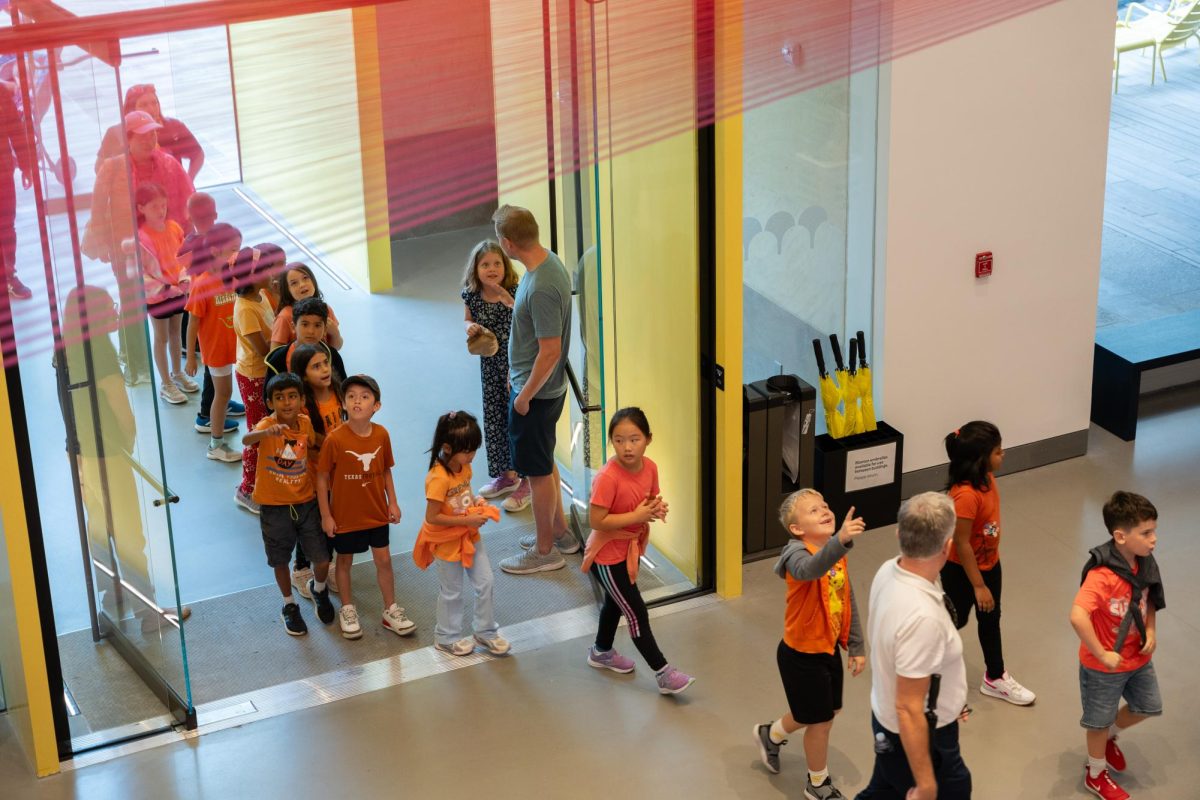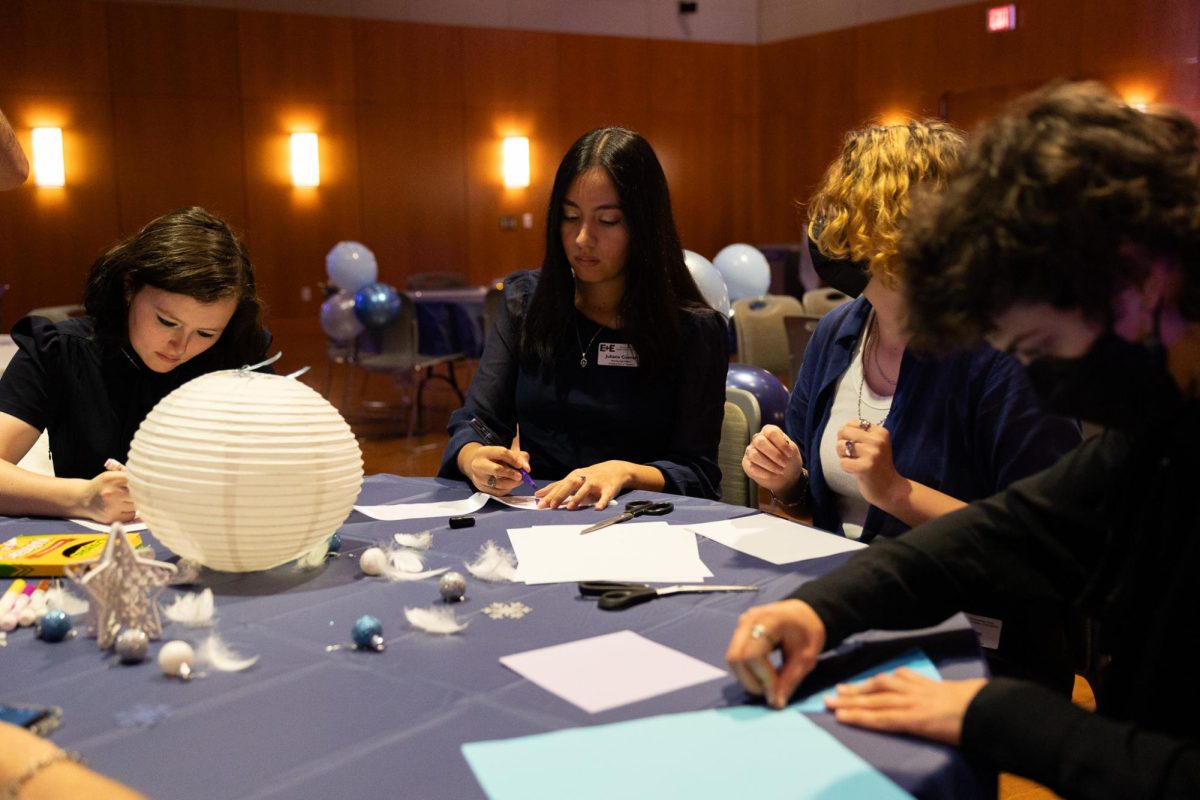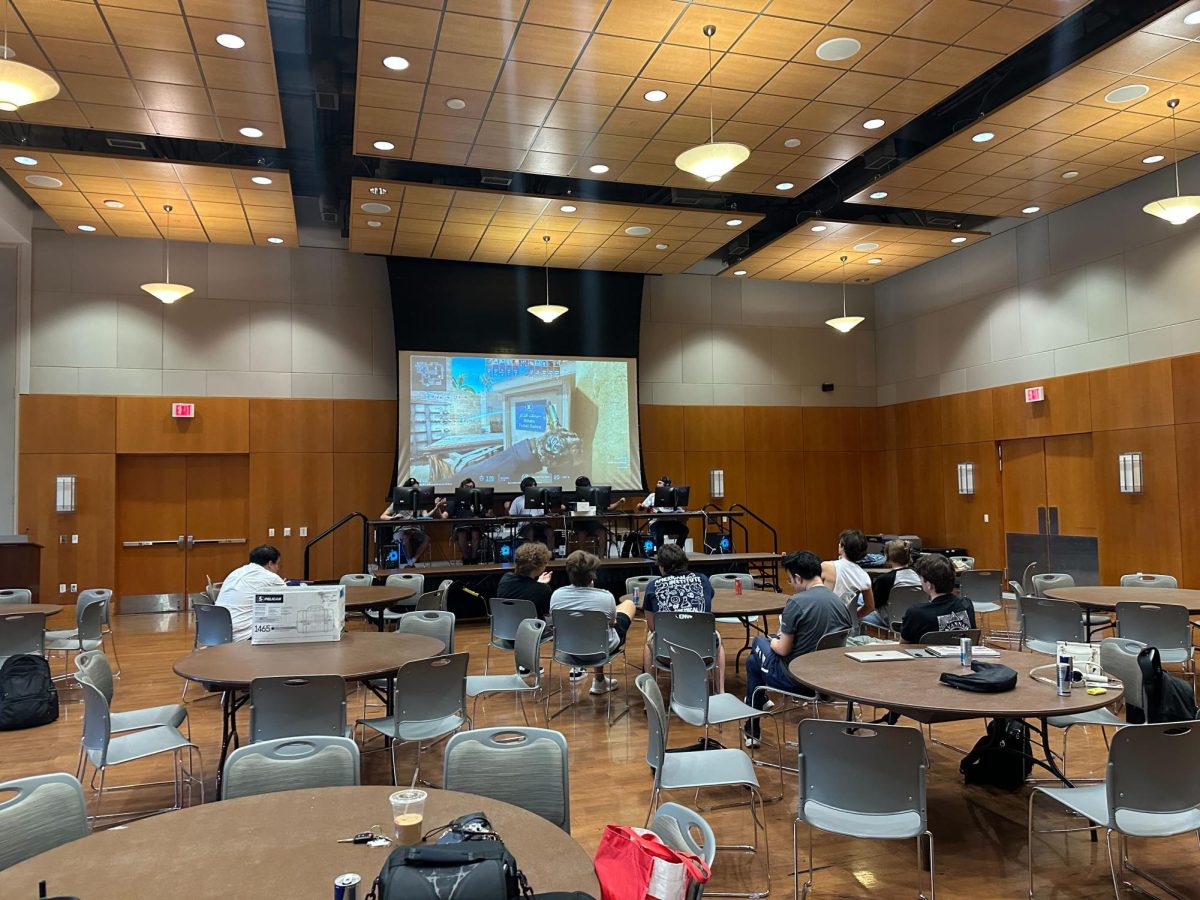For many career fields, opportunities for students to get their foot in the door come from internships. The University has a multitude of resources to help guide
students in finding a worthwhile summer position.
The Daily Texan has compiled a list of tips and resources for students to kick their search for internships into high gear.
Attend Career and Internship Fairs
Career fairs are offered for students in different colleges and majors throughout the semester. These career and internship fairs help students make face-to-face connections with potential employers and opportunities to get advice on how to build their résumés. Students should dress professionally when attending these fairs and present themselves in a manner that is marketable to employers. Dates and times for the fairs can be found for each college through Texas Career Engagement.
Talk to Academic Advisers
Armed with students’ course plans, academic advisers can help ensure that students are on the right path for potential internships. They can also offer insight into the general fields students should seek in when applying for internships and provide other resources.
Talk to Career Counselors
Visiting a career counselor can help students clarify their interests as well as search through internship databases for potential opportunities. Counselors offer guidance for students in specific colleges and majors, creating an experience tailored to their desired career field. They also offer advice, run mock interviews and notify students of ongoing opportunities in their industry.
Talk to Professors
Professors are a great resource for helping students find internships well-suited for their career trajectory. Additionally, professors may be able to help students get connected to certain companies and businesses through their own professional network. They can offer advice on where to look for opportunities and the steps a student should take to prepare themselves for applications.
Network
Networking is a great step students can take in the search for internships because establishing connections before applying to an internship can sometimes give them a head start in the overall interviewing process. There are many ways to build a professional network, but the primary channels are in-person and online connections.
In-person networking allows employers to get to know students more personally, and they may be able to recognize the student’s face in the next meeting. These meetings can be secured by visiting businesses, going to career fairs or talking with potential employers that have a mutual connection in some way.
Online networking allows students to market themselves on a greater scale. Students can list their skills, interests and attach résumés to this correspondence for a large number of business leaders to see. LinkedIn functions as a digital résumé and professional social media platform, and is also a common website that employers use to search for possible candidates for their open positions.
Be Professional
It is important that students present a professional image of themselves and clean up their social media accounts because many employers will search social media as a part of their background and reference checks.
Overall, a student’s ability to connect with others and leverage those relationships will determine their opportunities for both internships and eventually their careers.





















